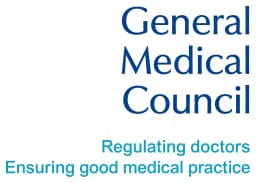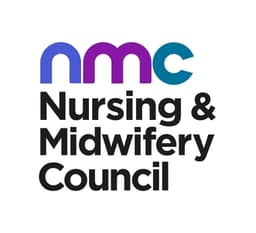Private Hepatitis C Antibodies (Venous) London
Professional, confidential testing for Hepatitis C Antibodies (Venous). Book your appointment at our South Kensington clinic for fast, accurate results.
Price
£121
+ £50 blood draw
- Results within 1 day"
- Confidential service
- No GP referral needed
- Professional clinical environment
- Results via secure portal
- Nurse-led expert care
Hepatitis Screening
Hepatitis B and C can cause serious liver damage if undetected. Early detection is important.
- Hepatitis C is curable with treatment
- Hepatitis B is preventable with vaccination
- Protects your liver health
- Often no symptoms until damage occurs
- Essential for complete health screening
100% Confidential
Your privacy is protected
Fast Results
Results within 1 day"
Expert Care
Professional clinical team
Accurate Testing
Lab-certified results
How It Works
Book Online
Choose a convenient date and time
Visit Clinic
Quick and discreet appointment
Sample Collection
Professional, comfortable process
Get Results
Results within 1 day"
Frequently Asked Questions
The appointment takes approximately 20 minutes. This includes registration, sample collection, and any questions you may have.
Meet Our Medical Team
Our experienced medical team is fully qualified and registered with the GMC and NMC, delivering safe, high-quality care in line with the highest professional standards.
Because our patients deserve nothing less.
Registered. Regulated. Trusted.
At South Kensington Medical & Dental, we are fully registered with the Care Quality Commission (CQC) and our clinicians are registered with the relevant UK regulatory bodies, including the GDC and GMC. Our dentists, dental nurses and medical professionals deliver care that meets the highest clinical, safety and ethical standards, because our patients deserve nothing less.





